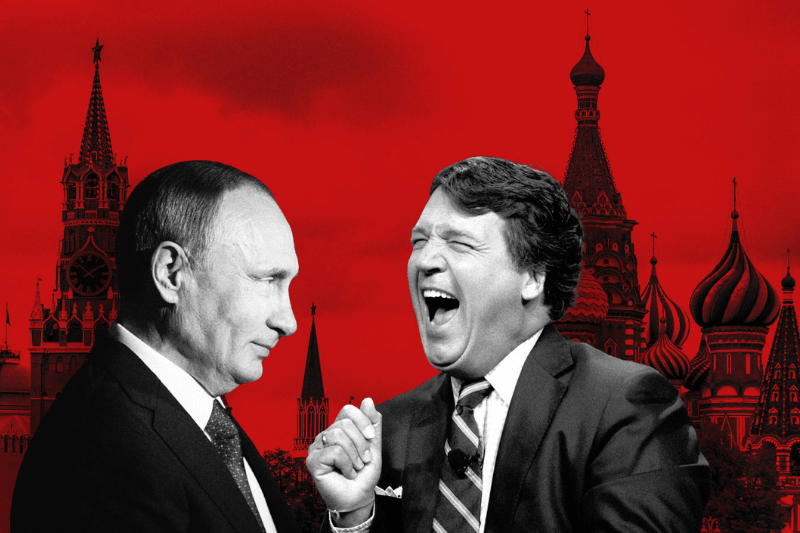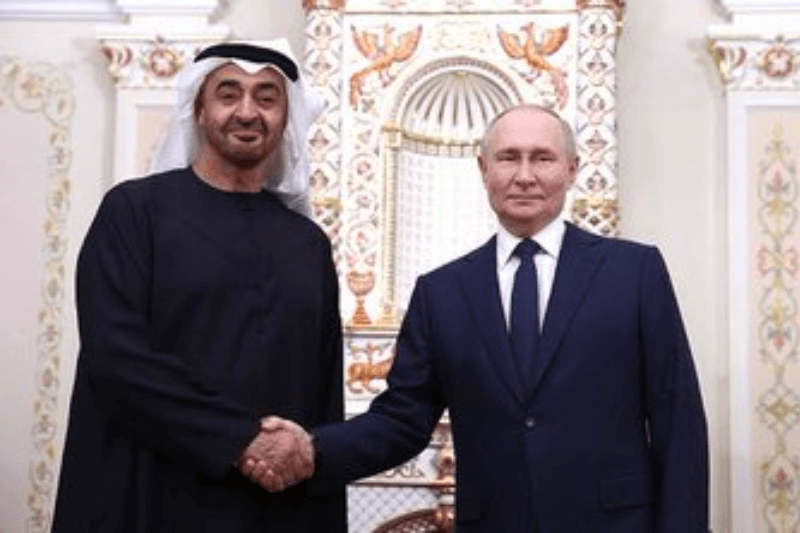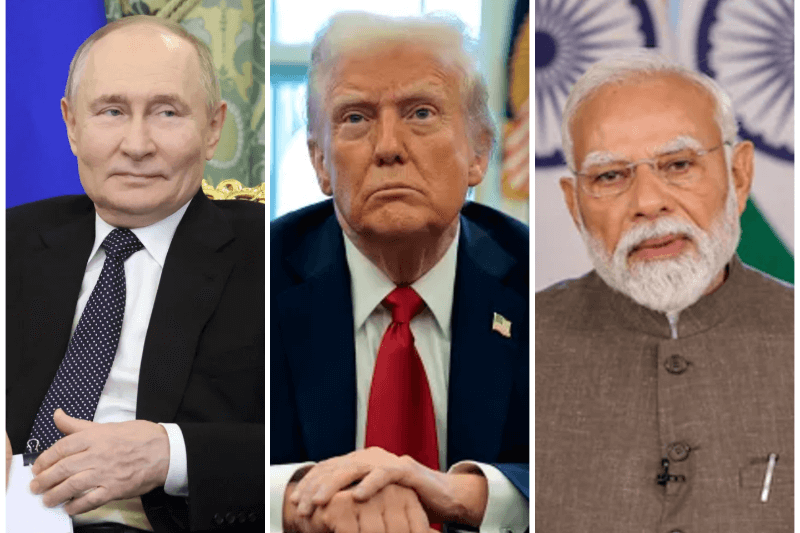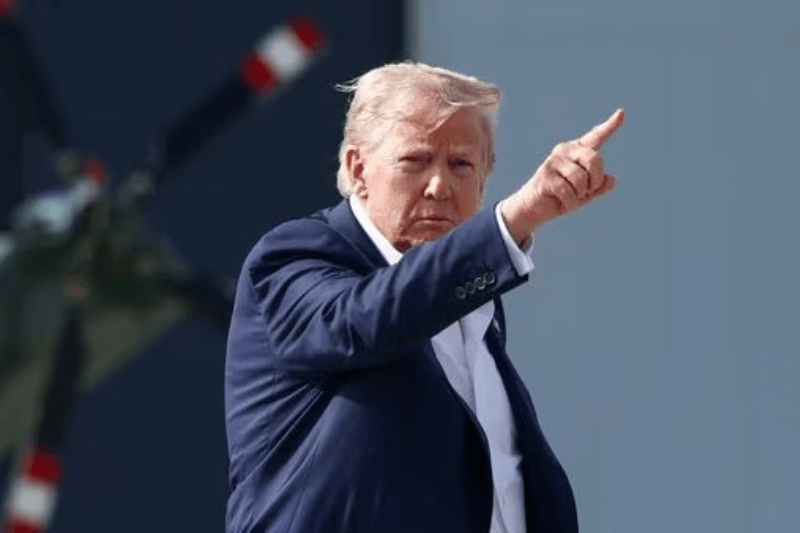
Tucker Carlson: The Voice of White America’s Outrage
Tucker Carlson, a figurehead in American media, has wielded significant influence over political discourse, particularly among conservative circles. His recent announcement of an upcoming interview with Russian President Vladimir Putin has sparked widespread debate and speculation. In this article, we delve into Carlson’s background, his impact on politics, and the implications of his controversial statements and actions.
Carlson announced in a video from Moscow on Tuesday that he was in the Russian capital to interview Putin, noting that Americans have a right to know about a war (with Ukraine) that they are paying for substantially.
Carlson’s Profile
Tucker Carlson, a renowned talk show host and journalist, has a long-standing career in media and politics. With ties to former President Donald Trump and a reputation for expressing radical conservative views, Carlson has garnered a devoted following among right-wing audiences.
Provocative Stances
Throughout his career, Carlson has not shied away from controversial topics, often sparking outrage with his outspoken commentary on issues such as immigration, race, and foreign policy. His skepticism towards US military aid for Ukraine and his plan to interview Putin has raised eyebrows and fueled speculation about his motives.
Impact on Politics
Carlson’s influence extends beyond the realm of media, with his rhetoric shaping public opinion and influencing political discourse. Tucker Carlson’s interview with Russian President Vladimir Putin could have significant implications for the upcoming 2024 presidential election in the United States. As a prominent media figure with a sizable conservative following, Carlson’s actions and statements often influence public opinion and political discourse. His decision to interview Putin, particularly amid heightened tensions between Russia and Ukraine, could shape perceptions of foreign policy and leadership qualities among American voters.
Depending on the content and tone of the interview, Carlson’s portrayal of Putin and his policies could impact how voters view Russia’s role in global affairs and its relationship with the United States. If the interview is perceived as sympathetic or overly favorable towards Putin, it could generate controversy and criticism, potentially affecting public trust in Carlson’s judgment and credibility as a commentator.
Furthermore, Carlson’s alignment with Putin’s viewpoints on certain issues, such as skepticism towards US military aid for Ukraine, could influence conservative voters’ attitudes towards US foreign policy and interventionism. This, in turn, might shape their preferences in the upcoming election, particularly if foreign policy becomes a focal point of political debates.
Keep Reading
Moreover, the EU lawmakers’ calls for sanctions against Carlson over the interview could further politicize the issue and amplify its significance in the context of the 2024 election. If Carlson faces repercussions for his actions, it could galvanize his supporters and reinforce narratives of media censorship and political bias, potentially mobilizing conservative voters in support of candidates aligned with Carlson’s views.
Overall, while the direct impact of Carlson’s interview on the 2024 presidential election remains uncertain, its potential to influence public opinion, shape political narratives, and mobilize voters underscores the significance of media figures like Carlson in shaping the political landscape
Controversies and Criticisms
Despite his popularity among conservative viewers, Carlson has faced criticism for promoting conspiracy theories and misinformation, particularly regarding the Covid-19 pandemic and the 2020 US presidential election. His departure from Fox News amid a defamation settlement underscored the contentious nature of his commentary.
In conclusion, Tucker Carlson’s role as a media personality and political commentator has made him a polarizing figure in American society. While praised for his willingness to challenge mainstream narratives, he has also been criticized for spreading divisive rhetoric and misinformation. As he continues to navigate the political landscape, Carlson’s impact on public discourse remains a topic of debate and scrutiny.




